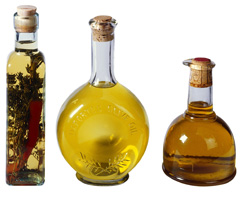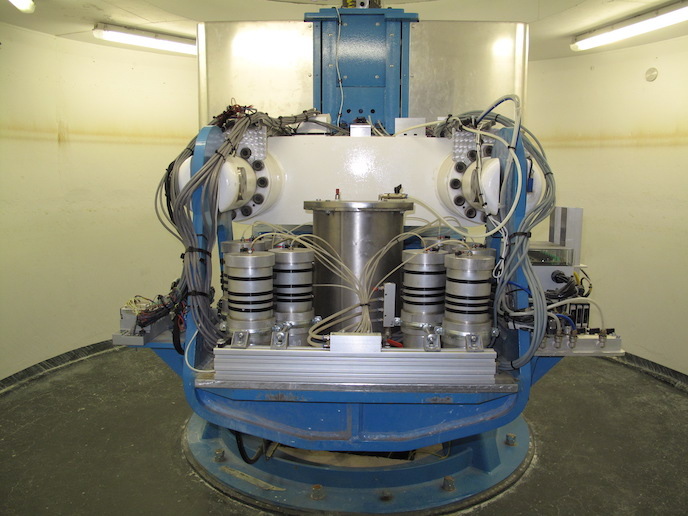Upping the standards for small olive-oil producers
Producing some 80 % of the world’s olive oil, the EU employs more than 800 000 people across Europe. However, residues generated by related production are proving a serious environmental burden and pose serious problems for the operation of the olive mills themselves — particularly in the case of small and medium-sized enterprises (SMEs). Many of the smaller enterprises, also up against growing competition, are thus facing the threat of closure due to difficulties meeting the costs of complying with stringent EU regulations and/or related inability to properly treat their residues. To address this problem, the 'Integrated approach to sustainable olive oil and table olives production' (Inasoop) project set out to develop EQSs for olive mills and table olives producers. The EU-funded consortium comprised specialised research institutes from various European countries active in olive oil production, SME olive mills and table olive manufacturers as well as industrial associations. The partners intended to provide the necessary support for meeting the standards and advance them so they also act as a marketing tool. Inasoop successfully enabled information sharing for identifying similarities and differences across the different systems employed by producers, and promoted the exchange of experiences and good practices among them. This will facilitate future standardisation of the sector and aims at its improved environmental performance. Despite differing national legislations, which at times pose an obstacle to achieving general solutions, industry association groups (IAGs) and SME members linked with the project have expressed their openness to using and updating the EQSs and the project’s expert system. Agreements reached among project partners foresee IAG monitoring of the implementation of EQSs in olive mills. Although still at an experimental stage, future implementation of the proposed EQSs will enable smaller and medium-sized olive mills and table olives producers to meet EU environmental regulations. It will also improve their commercial image via certified environmental labelling and thus attract a larger customer base and loyalty. As such, project results have the potential to drive significant developments for this important branch of Europe’s agro-alimentary industry.







